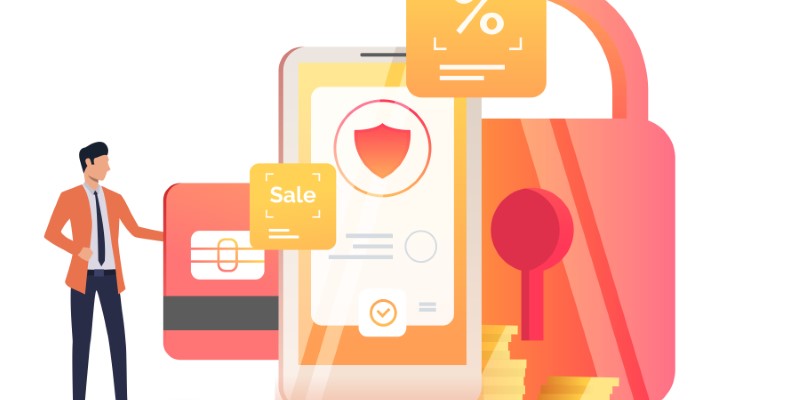If you could peek into the Future and see that something horrible is about to happen, you would probably start saving money as soon as possible, wouldn't you? If you knew something terrible was about to happen, whether it was the pandemic, the loss of your job, a medical issue, or anything else, you would start putting money away right now. When you are in college, when you are likely to be taking out student loans, and when you have a restricted budget, saving for your Future may seem impossible. However, it is feasible to save. However, college is one of the most acceptable periods to build good savings habits that will help you even after you have graduated from the institution. Here are six different ways that might assist you in getting your savings started.
1. Save Early And Often.
When you are young, you have the opportunity to make the most of compound interest over many years. When you save money, you get interested in that money, but you also earn interest on the interest you earn on your savings. (To get an idea of how compound interest is calculated, look at the calculator provided by the SEC.)
2. Establish A Reoccurring Payment.
Think of your savings as another expense you must pay every month; the only difference is that you're paying yourself instead of someone else. Make it a point to put away some money every month, even if it's only a few dollars. Then, establish an automated transfer into a savings account to prevent being tempted to spend the money.
3. Create An Emergency Fund.
Your priority when saving money should be establishing an emergency fund that can be used to pay for unforeseen expenses such as those associated with auto repairs, medical bills, and other similar expenditures. Because you have an emergency fund, you won't have to resort to using a credit card to pay for unanticipated expenses and incurring debt. Even setting aside one month's worth of rent and other costs is a brilliant place to start if you're trying to build an emergency fund. Financial experts advise saving up to three months' worth of rent and other costs.
4. Establish Some Short- And Long-Term Savings Goals.
You may not be ready to start saving for retirement or home just yet, but there are plenty of other things you'll want to put money down for while you're in college. After you've set up your emergency fund, the next step is to determine your long-term objectives and how long it will take you to achieve them. For instance, in six months, you may want to purchase a new phone; in two years, you might want to study abroad; and in six years, you might want to enter graduate school. Some individuals begin saving for each objective by establishing a separate savings account.

5. Make It Complicated To Get To Your Savings.
You may likely be tempted to make non-urgent purchases with money from your savings account; nevertheless, you should try to resist this temptation. The longer your money remains in the account generating interest, the more quickly it will increase in value. Some people who specialize in finance recommend putting your savings in a separate bank entirely, in an account that is not linked to your checking account and is not easily accessible with a debit card. You will access your savings or move them to another location.
6. Select The Most Appropriate Kind Of Savings Account.
There is a wide variety of savings accounts, each with its own set of interest rates, service fees, and regulations; among these accounts, some are more suitable for long-term savings than others.
- The return you get on a standard savings account is among the lowest, but it gives you quick access to your money. You can get cash from an ATM with a debit card and transfer money from your savings account to your checking account. Because you want to access the money quickly and without incurring any fees, a traditional savings account is the most suitable choice for an emergency fund.
- The minimum balance needed for a money market account may range from $500 to $10,000, although the interest rate earned is often more significant than that of a standard savings account. You may generally access your money with a debit card and make checks from the account, but you will be charged a fee if your balance falls below the minimum.
- Certificates of deposit (CDs) often provide the most significant interest rate among all savings accounts; however, they also come with more stringent deposit requirements. The most crucial restriction associated with certificates of deposit is that you are subject to a financial penalty if you take any of the money from the CD before the end of the "term." There are maturities as short as three months and as long as five years, with the longer terms paying higher interest rates.





